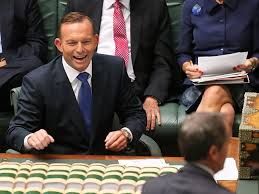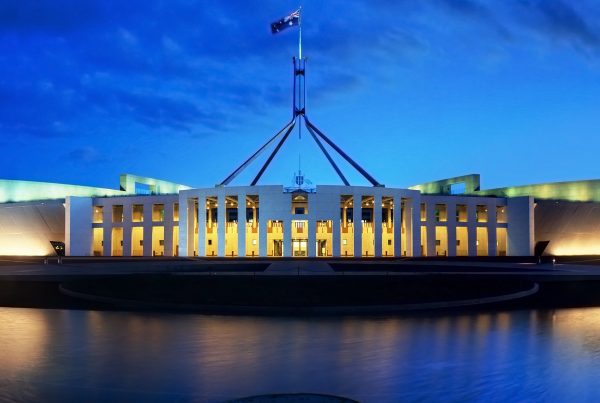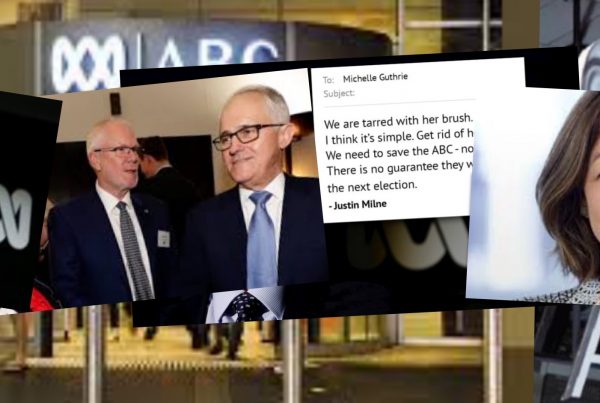In families, we know this. So why can’t we do it in governments and in media?
We often create our own crises by the way be argue and point-score. Watching Australian politics is like watching cock-fighting – the urge to injure looks primitive and pointless. It’s cultural.
In functional families, even wider families including aunts, uncles and cousins, serious problems are solved by collaboration and restraint. Family disputes are cloaked in an awareness of the need to displays of mutual respect.
How different would it be in Canberra if occasionally Shorten agreed with Abbott, and vice versa? And occasionally wind down the volume on the face-offs? Wouldn’t everyone win?
In Europe, serious differences between countries are solved based on the principle of Westphalian sovereignty, where good leadership acknowledges that different countries do things differently, and has built-in tolerance, respect and patience. Hence, the leadership has been slow to intervene in the Ukraine and the Middle East. No-one in the EU is shirt-fronting Putin.
We need a Westphalian style leadership in Canberra.
And the same goes for our media. The way we approach public debate is the Alan Jones, Derry Hinch style of minimal research and maximum bias. Chin in, lead with the left. Almost all our news and current affairs outlets are guilty.
And in Canberra it become magnified as politicians and journalists conspire: backbenchers leak; media incites; backbenchers magnify, and so on.
When I was at 60 Minutes it always impressed me that our American colleagues at CBS did much more research that us. I thought this was a matter of budgets, but now I see it’s also cultural. When I now, as a PR person, speak to American/Canadian journalists I am often (not always) aware that they are actually seeking to understand both sides of a story before defining an angle. We mostly used to decide on an angle, then do the research to make the shoe fit. It’s the way we do things ‘round here. It achieves a short-term outcome but is ultimately destructive.
We become our own victims, long term trust is sabotaged by the hunt for short term outcomes.
Of course social media exacerbates this. Twitter thrives on cheap one-liners. So we are trending worse not better. We need to work out how to change the way we argue.







